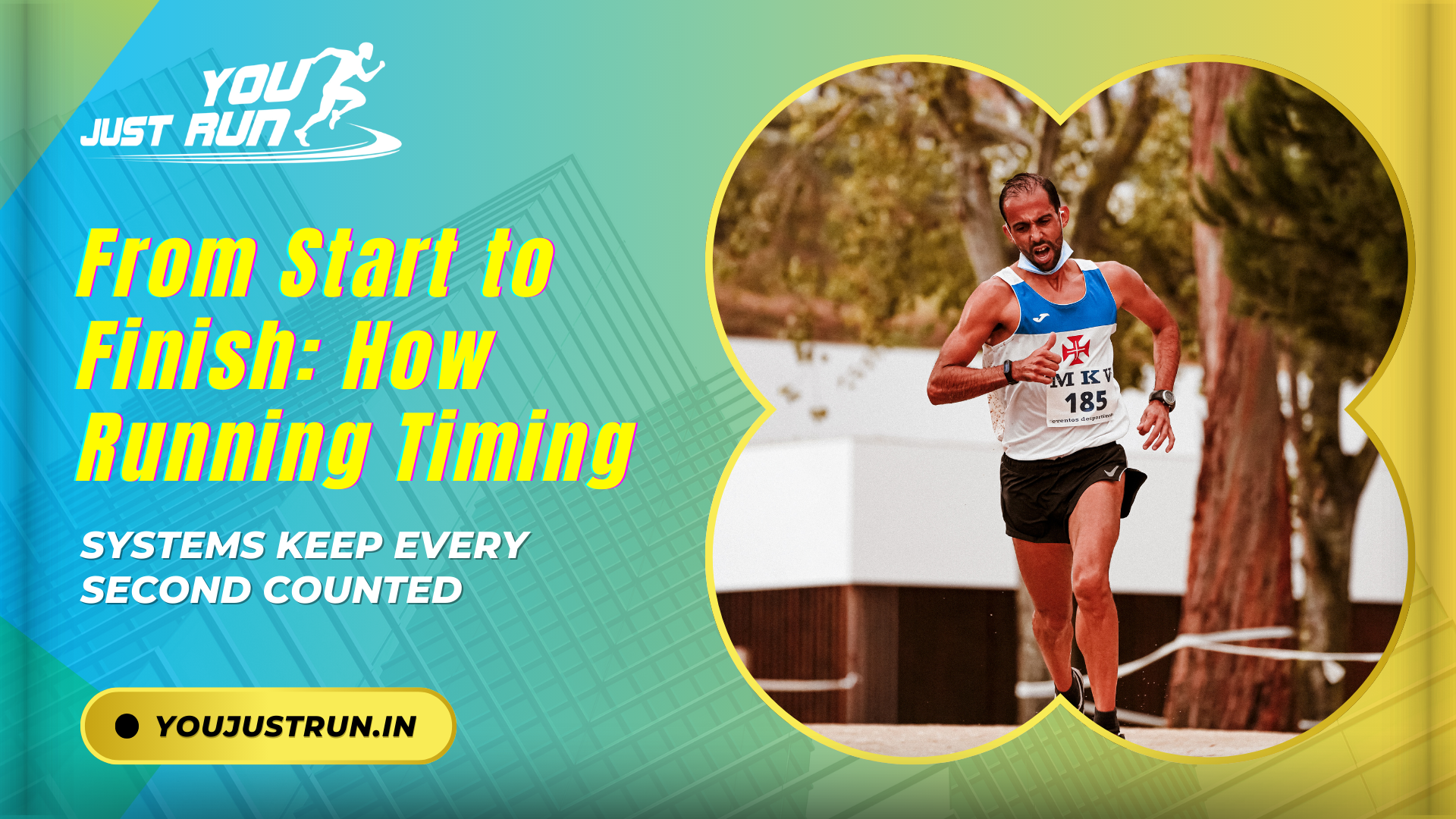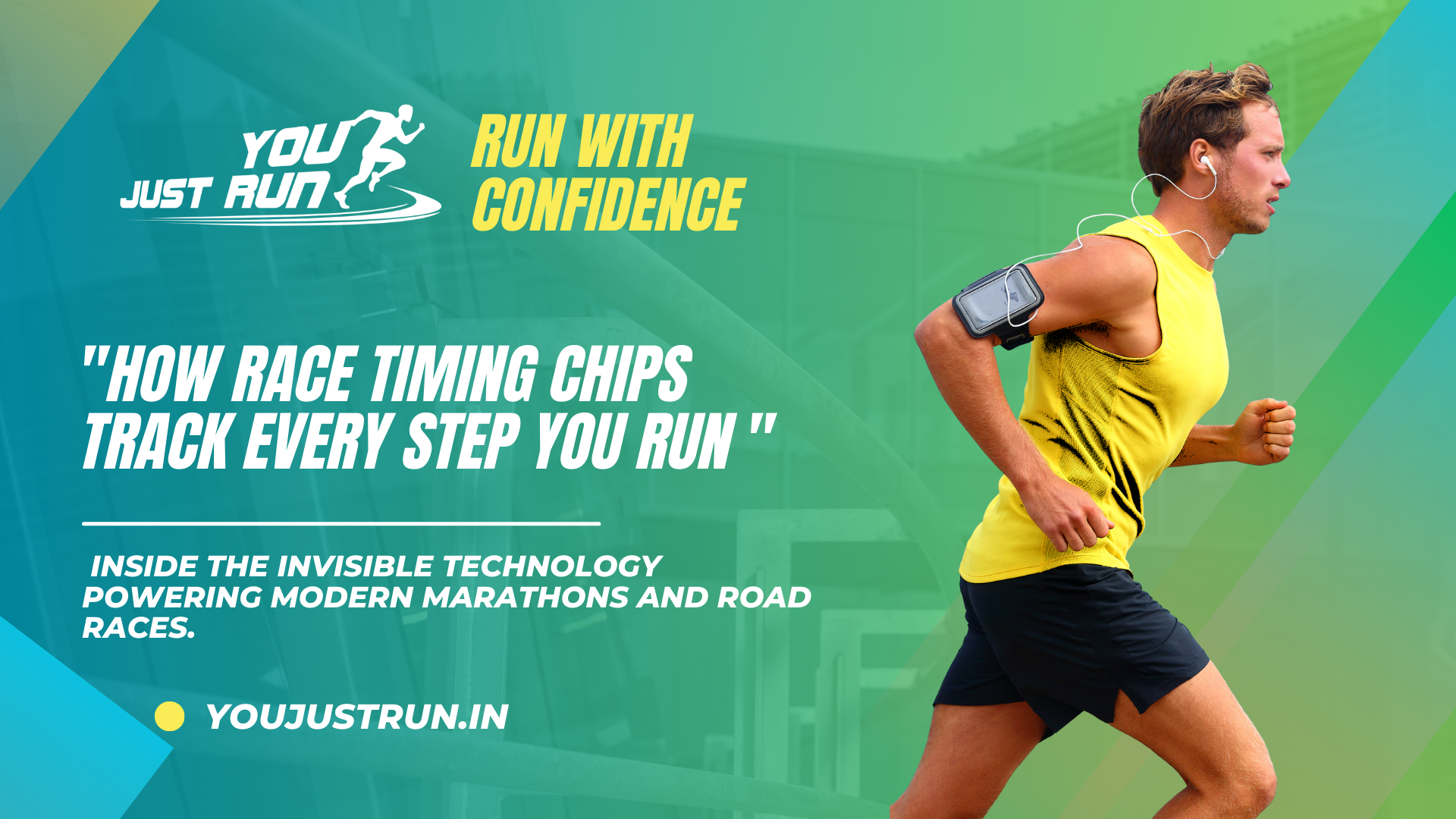Training for triathlon competitions requires commitment, time, and a sound game plan. Even so, the most diligent athletes can make unnecessary errors that take their toll on race day. Whether this is your first triathlon competition, or you have been a long-time competitor, it may be just as important to know what not to do as to know the correct way to proceed.
Here’s a look at some common training and preparation errors you should watch out for.
Skipping Brick Workouts
A triathlon is more than three separate sports—it’s about how you transition between them. Many athletes focus on swim, bike, and run training individually but forget to train the combination. That’s where brick workouts come in. These sessions, where you practice transitioning from biking to running, help your body adjust to the awkward feeling of switching disciplines.
Skipping brick workouts can leave you feeling stiff and unprepared when you hop off the bike and start running on race day. Including a few brick sessions in your training can make a huge difference in performance and comfort.
Ignoring Nutrition
You can have the best gear and training plan, but if your nutrition is off, you’ll feel it halfway through the race. One of the athletes’ most significant mistakes is not practicing race-day nutrition during training. Trying a new gel or drink on the course without testing it first can cause cramps, fatigue, or worse.
Ensure you’re fueling properly during training, so your body gets used to the type and timing of food intake you’ll need for Triathlon Races. Nutrition should be treated as part of your training—not something left to chance.
Overtraining and Skipping Rest Days
Pushing your body too hard without allowing enough time for recovery can lead to injury, burnout, or illness. Many triathletes fall into the trap of thinking that more training equals better results. In reality, recovery is where your body builds strength and endurance.
Rest days aren’t a sign of weakness—they’re an essential part of a smart training plan. Your body may ask for a break if you’re feeling unusually sore, exhausted, or unmotivated. Listen to it.
Not Practicing Open Water Swimming
If you’re preparing for triathlon races that include open-water swims, training only in the pool is a big mistake. Pool swimming and open-water swimming are entirely different experiences. Factors like currents, waves, and the lack of lane lines can disorient you if you’re not used to them.
Even a few open-water sessions can build confidence and help you feel more relaxed on race day. They also allow you to test your wetsuit, goggles, and pacing in real-world conditions.
Neglecting Transition Practice
Transition areas can be chaotic, and every second counts. Many athletes overlook transition practice during training, assuming they’ll figure it out on the race day. But struggling with your gear, forgetting your helmet, or fumbling with shoes can cost you precious time and energy.
Practice your transitions just like any other part of the race. Set up your gear in your backyard or a parking lot and rehearse the steps. It might seem small, but smooth transitions can give you an edge and lower your overall time.
Underestimating Course Familiarity
Knowing the course beforehand is one of the easiest ways to feel confident on race day. Yet many participants show up without having studied the route. Not knowing where the hills are, how many loops you need to complete, or where the aid stations are located can lead to confusion and stress during the race.
Before race day, review the course map thoroughly. Ride or run parts of the course ahead of time. Familiarity breeds confidence and can help you pace yourself more effectively throughout the race.
Forgetting to Taper
After months of intense training, it’s tempting to keep pushing hard until race day. But tapering—cutting back on training volume in the final week or two—is key to arriving at the starting line fresh and ready. Skipping this step can leave you feeling drained or slow when it matters most.
Tapering doesn’t mean stopping all activity. It means maintaining intensity while reducing volume. Trust the process, and let your body recover fully before the big day.
Conclusion
Triathlon races are as much a mental challenge as they are a physical one. Preparing the right way means more than just logging hours in the pool, bike, or road. It means avoiding the small missteps that can add to big problems on race day.
If you’re serious about improving your performance, take the time to reflect on your training habits and race-day strategies. Triathlon prep isn’t just about pushing harder but training smarter.
Avoiding these common mistakes won’t guarantee a podium finish, but it will help you feel confident, strong, and ready to enjoy the challenge that triathlon races are about.

Ashish Saboo is the Co-Founder & CEO of YouJustRun, a technology-driven platform focused on building engaging, scalable experiences in the endurance sports and events ecosystem. A serial entrepreneur with strong operational depth, he has founded and led global ventures including Tech-Synergy, a KPO and technology services company, and brings hands-on experience in scaling products, teams, and markets. Leveraging his ecosystem exposure, Ashish is also associated with Startup Steroid, where he contributes to enabling startups through investor access and structured growth support.







